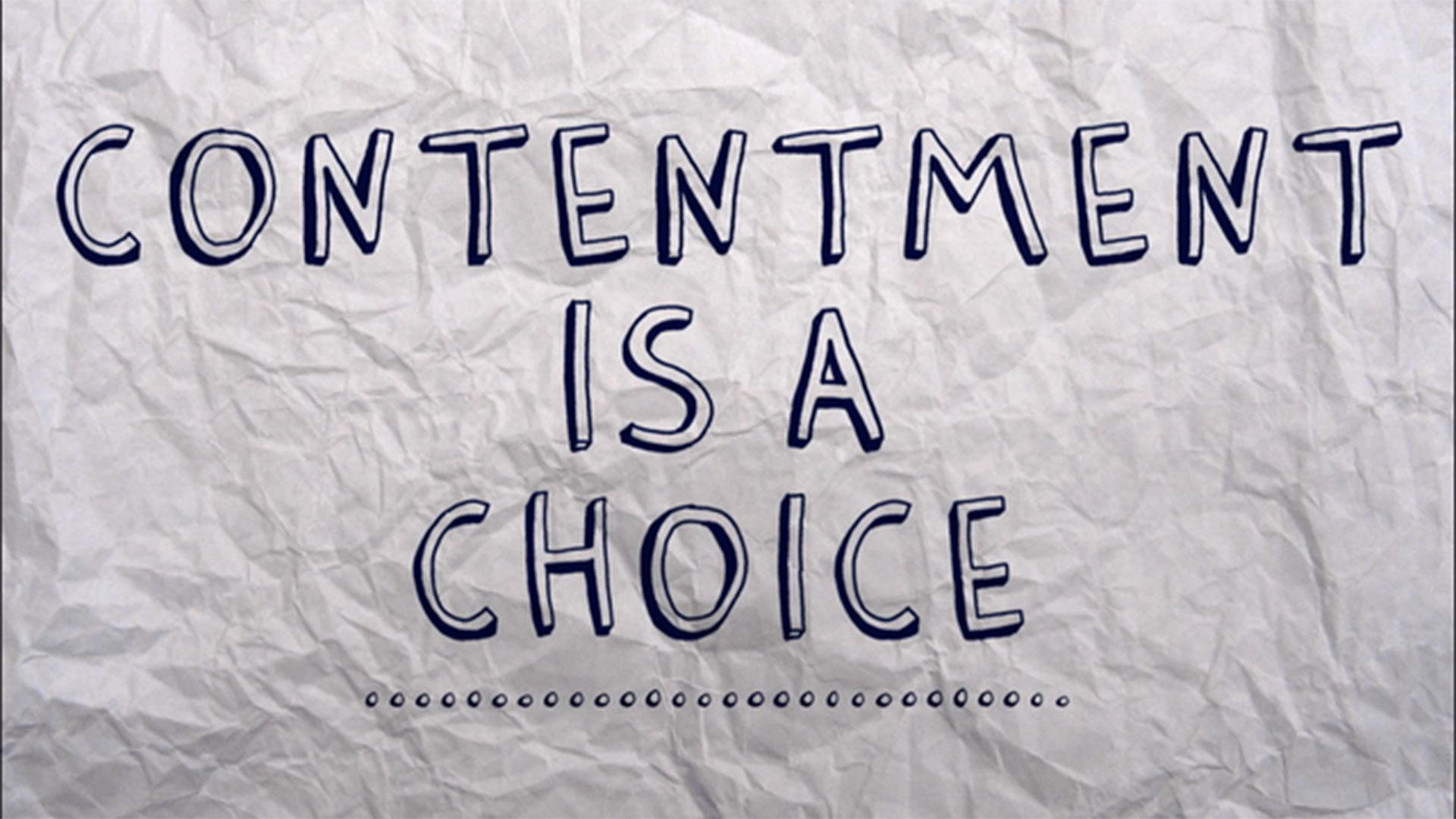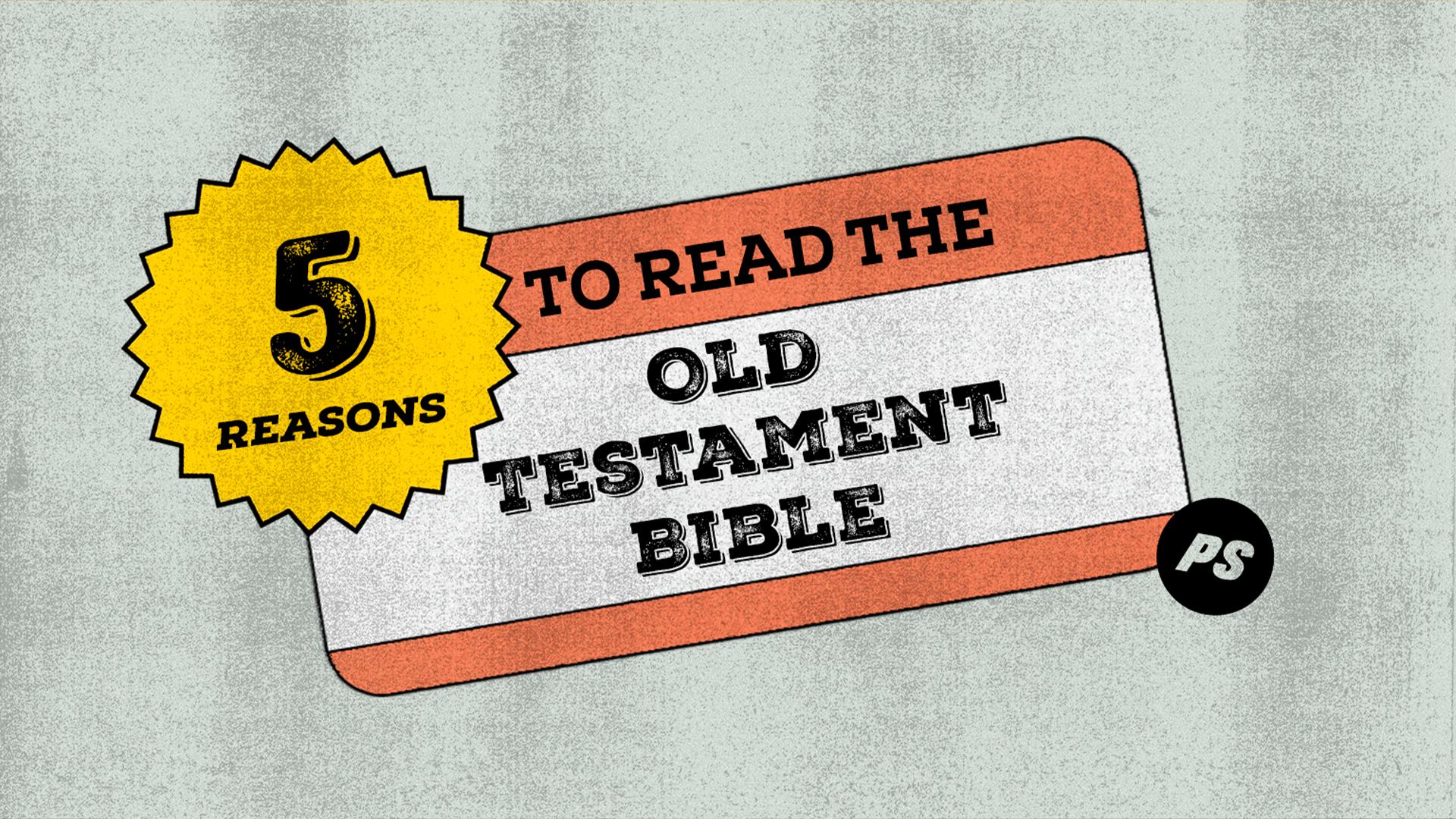“I have learned to be content whatever the circumstances. I know what it is to be in need, and I know what it is to have plenty. I have learned the secret of being content in any and every situation, whether well fed or hungry, whether living in plenty or in want. I can do everything through him who gives me strength.”
Restless discontentment is an enemy of our soul. It shackles a person meant for eternity, to the temporal, and robs us of the beauty of the now.
We Christians are rich beyond measure because the one thing that we really need—friendship with God—is the one thing that nobody can take away from us!
So what's the secret?
Have you ever wondered exactly what the secret is that Paul refers to in Philippians 4:12? Actually the phrase “I have learned the secret” is a single Greek word that has the sense of being initiated into a secret or into a secret society. You might not think that “The Contentment Society” is actually very secret. After all, can’t anybody tell who is content and who is not? Well no, actually. That’s the genius of a secret society. Membership is obvious, but only to the initiated. Most people simply assume that you are happy because you have more than they do.
So, here’s the big secret: Contentment is an attitude you choose. Actually, so is discontentment. Both of them operate independently of our circumstances. It does not necessarily follow that a person who the world judges to be ‘poor’, will also be discontent, any more than being rich, guarantees contentment. That is because true inner-prosperity is measured, not by the gap between what I have and what others have—by such a measure I will always find a way of judging myself as poor—but by the difference between what I actually need and what I have. This idea came from the great 4th-century preacher, John Chrysostom of Constantinople, in his sermon series on the Parable of the Rich man and Lazarus, which I encourage you to check out.
By this measure, we Christians are beyond rich because the one thing that we really need—friendship with God—is the one thing that nobody can take away from us (see Romans 8:38–39).
The secret ways of the contentment society
So that’s the big secret. But how do you do it? How is it possible for Paul to claim contentment in any and every situation (whether well fed or hungry, living in plenty or in lack)? Here are the ways of living in this contentment society:
1. Trust
True contentment begins with unconditional surrender to God and to His purposes in our lives. This cannot happen without absolute trust in God’s goodness and love. It is that kind of prevailing trust that causes Paul to see past his circumstances, even to rejoice in prison. God is good. God loves us. God is in control. These are liberating truths!
2. Perspective
A contented person understands that they are on God’s team, not He on theirs. In 1 Timothy 6:5, Paul talks about a certain type of Christian that imagines that “Godliness is a means of gain.” Paul’s answer (1 Timothy 6:6): “Godliness with contentment is great gain.” In other words, God is not primarily concerned with you getting ahead, but rather with the advance of His Kingdom on the earth. If, by surrender (and surrender is the only way), we join Him in this endeavour, we can be certain that all that we (actually) need in order to accomplish all that He desires, will be amply supplied. But we should also beware that God will at times, use apparent lack in order to build our trust in Him. This is because God is more interested in the measure of our faith than He is in the measure of our possessions.
God is more interested in the measure of our faith than He is in the measure of our possessions.
3. Gratitude
A contented person spends more time thanking God for the blessings that they do have, than petitioning Him for the things that they don’t.
“Enter His gates with thanksgiving and his courts with praise; give thanks to Him and praise His name.”
4. Prayer
A contented person chooses prayer over anxiety. Philippians 4: 6–7 tells us that we need not be anxious (restless) about anything, because in every situation, we can bring our requests to God in prayer with thankfulness. If we do this we can truly be at rest in the promise of His peace. This is a “peace that passes understanding.” It defies logic.
So what is the secret of contentment? It is a deep conviction that God has supplied and will supply all that I need for all that He has called me to be and to do. This is a place of true rest, true peace, and great gain. So I want to encourage you today, let’s choose to live a life of contentment by trusting God, realigning our perspective, showing gratitude and praying about everything.
More post from College





